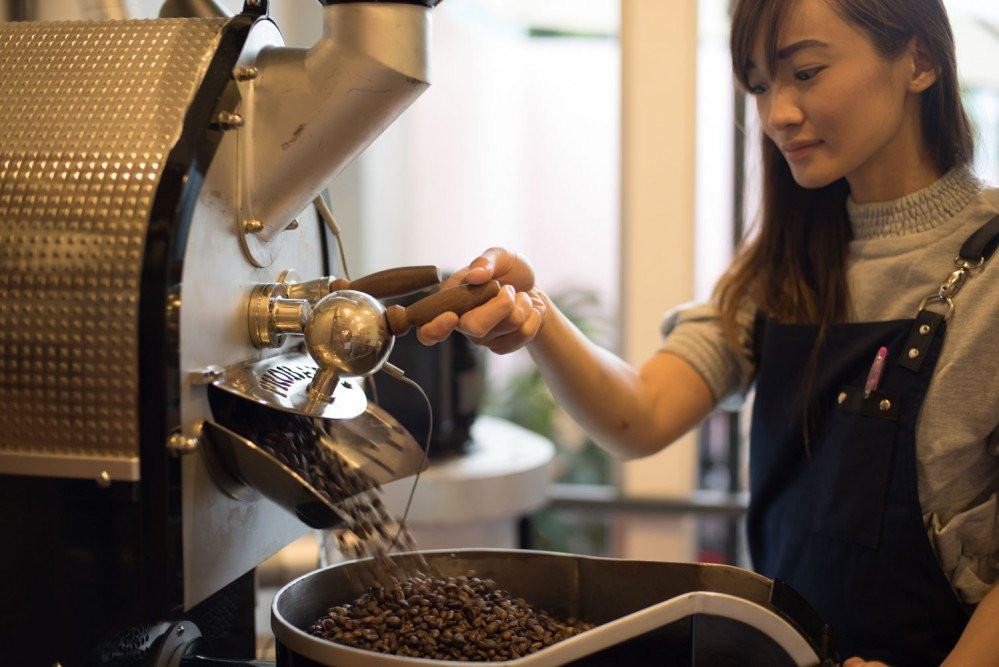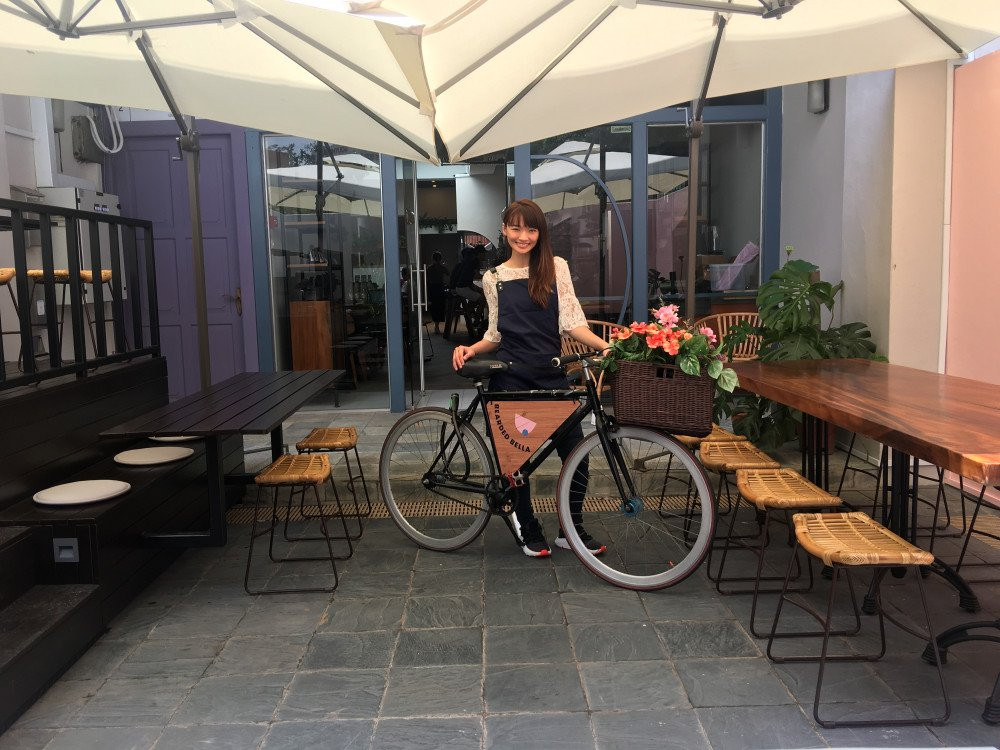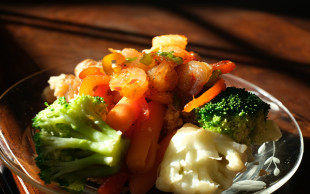After having been a barista for over a decade,13 years to be exact, and the winner of the 2016 Singapore National Barista Championship, Regina Tay has more recently ventured into new grounds as a co-owner of Bearded Bella in Singapore. She is also consulting as a Head Roaster for a coffee company in Indonesia, Common Grounds Coffee and St Ali Jakarta. For coffee aficionados and wannabe coffee connoisseurs, learn more about the art of coffee and the path to becoming a champion barista in STYLEGUIDE's exclusive interview with Regina:
How did your passion in coffee start?
My love for coffee began 3 years into being a barista at commercial coffee chains in Singapore. When I first started being a barista, I loved the adrenaline of working at the bar but knew close to nothing about coffee!
It was during my undergraduate time in Melbourne that the world of coffee changed for me.
I was intrigued by the vast array of flavours that each coffee origin brings and did everything I could to learn about this intricate and much sought after commodity.
What were some of the biggest challenges that you faced along your journey?
The greatest challenge was my pursuit of growth in this field. This was especially challenging in a small nation like ours, where the industry is reaching maturity and saturation. Opportunities to learn, interact and exchange were limited. Desperate, I resorted to traveling in search of inspiration and exposure.
After returning from Melbourne, and spending just under three years in Singapore, I went on multiple coffee origin trips, exhibitions and symposiums. After that, I took up a consultation project in Jakarta which has been ongoing for two years now.
The second challenge was facing the stereotypes about F&B jobs. The constant question that people (family, friends, concerned customers, etc.) have been asking is – “what will you do after being a barista?”, assuming of course, that F&B jobs are simply used to buy time and tide one over before we get a “proper job”.
No one acknowledges a barista as a legitimate career!

What was the most memorable/unforgettable experience?
I once travelled to Brazil and Colombia by myself to join a coffee origin tour and immerse myself in the cultures there. I examined the different strands of coffee plants, the various varieties of cherries, flavour profiles and more. That was the first of my many self-funded trips for coffee. It was during these trips that I realized that coffee was here to stay.
Can you share with us about the inspiration behind Bearded Bella?
The concept of Bearded Bella came about during my three years of work in Singapore. I noticed that a lot of people did not recognise the amount of attention and effort that goes into food or beverages.
I was frustrated with that and felt that I needed to make a change in local consumerism patterns no matter how small the impact might be. I wanted Bearded Bella to be a place where people could just show up in their slippers and shorts, and still enjoy amazing food, coffee, wine, and cocktails without paying rocket high prices such as those in a fine dining restaurants. I want people to put their phones aside, enjoy their meals and enjoy the company that they are in.

The name of the café is the fun part! We envisioned Bearded Bella as a place that is not pretentious and comfortable. We’re passionate but not pushy, we’re serious about what we do, but also love having fun. A huge part of us resonates with this last trait, hence our decision with the name and logo. We chose an oxymoron because the imagery of the back view of a woman, who may or may not be bearded, reminds us of the usual hospitality that a heartwarming plump lady gives! One who loves and knows her food and will definitely feed you well when you play guest at her humble abode.
What motivates and keeps you going?
I live by the mantra “aspire to inspire”. This has brought me to the edge of the world, to challenge myself and come up with innovative ideas, while conquering and inspiring others in the local coffee scene. I push boundaries and explore the possibilities of coffee to inspire change and advancement.
When it comes to coffee, what is the perfect specialty coffee in your opinion?
Specialty coffee implies different meanings for everyone, even for coffee professionals. The basis, however, lies in the quality of the product and knowledge that comes with it. That is imperative for me. Anything beyond that is up to the individual's craft. Assuming that all the quality checkpoints have been met, I believe that specialty coffee should be roasted and brewed to showcase the intensity of sensory qualities that are true to each origin.

What are some misconceptions people have about coffee?
1) The acidity in coffee is equivalent to how rancid or stale the coffee is. This is not true. Acidity is a much appreciated trait in a high quality grade coffee.
2) There is more caffeine in an average drip coffee (12oz) than a double espresso shot (2oz).
3) The darker the roast, the more caffeine it contains – caffeine content remains the same despite the roast profile. It is one compound that does not degrade from roasting.
Can you tell us three interesting things that most people do not know about coffee?
1) Coffee beans come from a fruit. Two coffee beans form seeds in one fruit and we call them “coffee cherries”.
2) Ground coffee becomes stale within 1-2 days. Whole bean coffees can last over a month in proper storage conditions.
3) Your regular latte only has 1oz of coffee and the rest is just milk.
Who is a role model that you look up to and really admire?
Matt Perger. I’m inspired by his pursuit to push boundaries for the global specialty coffee scene.
What are your future plans?
To make specialty coffee more accessible to the masses through more retail stores and innovative fast-moving consumer goods (FMCG) distribution while still maintaining the quality of specialty coffee.

















